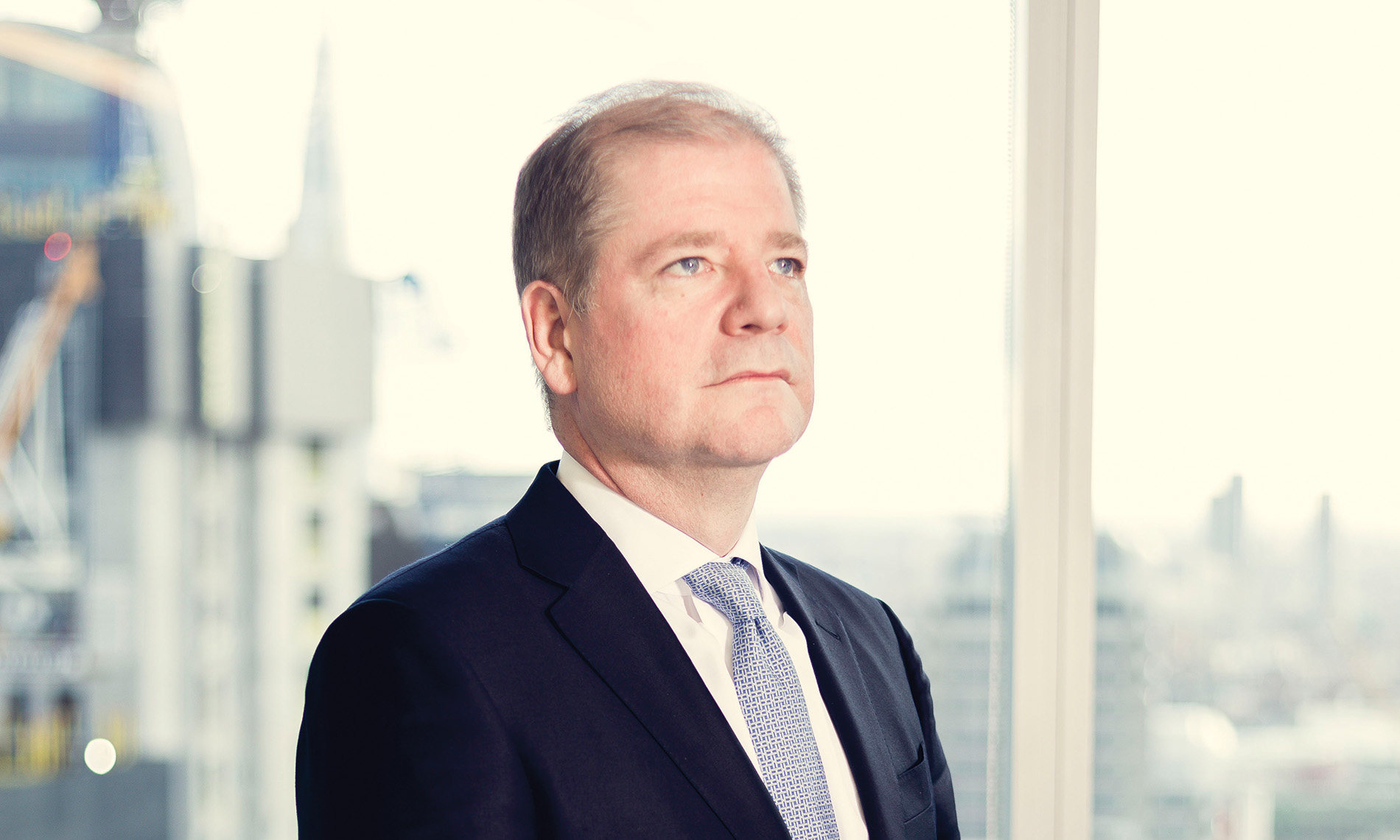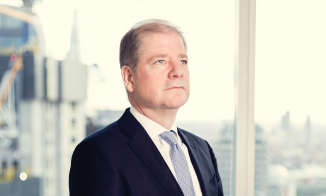Skadden Arps, Clifford Chance, Linklaters and, currently, Kirkland & Ellis – over the last 30 years these firms have all at one time had claims to have been the most influential law firms of their age, the pioneers that defined the top of the profession through dash, ambition and imagination.
And many senior lawyers would think that list is missing the name of the institution that looked unchallenged until the Kirkland effect gripped the market in the last three years.
That firm is Latham & Watkins, the Los Angeles-bred giant whose ascent was as predictable and well trailed as Kirkland’s was rude and disruptive. With a history of strong leadership, strategic clarity and an envied culture, its rise seemed unstoppable.
While no one expects the firm to dominate big-ticket deal work reserved for rarefied sections of Manhattan, on the wider international stage, spanning key hubs in the US and Europe, Latham was the pace-setter for global law through most of the 2010s.
Yet Latham enters the 2020s in a more ambiguous position than expected a few years back. That is partly due to the loss of its managing partner in 2018 under surreal circumstances that badly undercut Latham’s slick image. But the far more substantive issue has been the relentless challenge of Kirkland in many of its core markets, a campaign that has seen the Chicago outfit outstrip Latham in revenue, growth and profitability. Even worse, Kirkland is now regarded as a more potent performer in a number of Latham’s marquee business lines like leveraged finance, private equity and restructuring.
The fierce competition with Kirkland is concentrating minds in what is emerging as a more hard-edged outfit under the leadership of Richard Trobman.
For a firm that had forgotten how to play defence, this came as a shock and there is no doubt that a minority of Latham partners would like a more individualistic approach that responded more directly to the threat of Kirkland and its $10m-plus offers for rainmakers.
Other questions remain for a firm whose many strengths and sheer brand power often obscures its flaws. In public M&A, the firm’s US business remains patchier than the sales pitch, with a bench too shallow and lacking younger stars. Neither is it as apparent that Latham’s bond-centric, bank-heavy business is quite the asset it used to be. It is also debatable if even as an outfit as institutionally robust as Latham has been able to fill the vacuum left by the 2015 departure of Bob Dell, one of high-end law’s most revered leaders.
None of which changes the conclusion that Latham 2020 remains a singularly formidable outfit that will not be dislodged from the upper reaches of the global market anytime soon. If anything, the fierce competition with Kirkland is concentrating minds in what is emerging as a more hard-edged outfit under the leadership of Richard Trobman.
That shift will fall far short of reinventing Latham in Kirkland’s image. Despite common ground of strong leadership, expansive vision and an affinity for lev fin, these beasts are polls apart in culture and model, with Latham far more diversified and team-oriented than its buccaneering rival. But that also means that for broader-service work to major plcs, in many European markets Latham is still a more ominous threat for London rivals than Kirkland. Between them, with their collective City revenues closing in on $1bn, the pair are leaving precious little space for rivals. In short, global law in the 2020s belongs to this pair, everyone else is just along for the ride.
Click here for our feature on Latham & Watkins, ‘Heavy hangs the crown’












